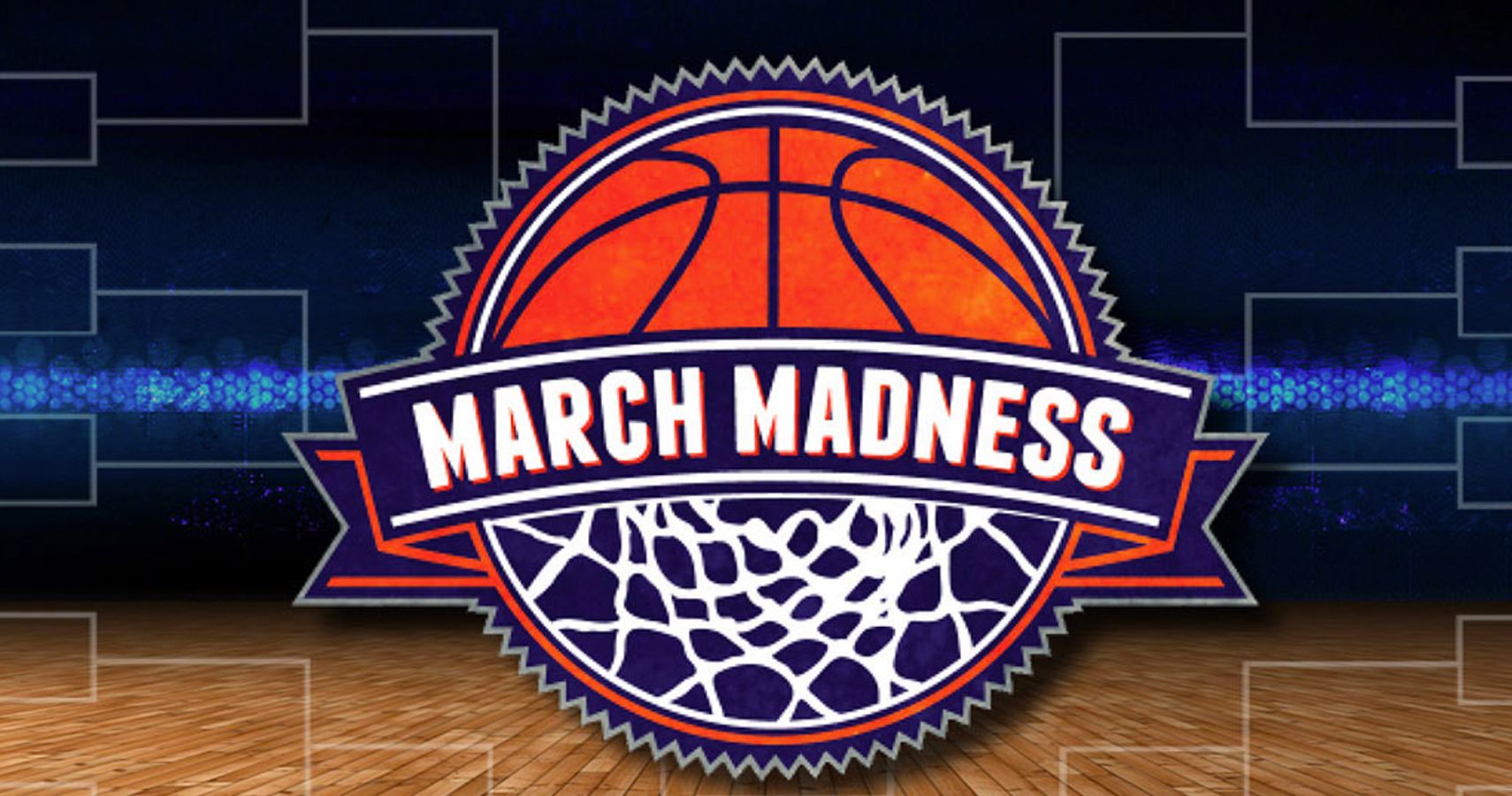NCAA and March Madness is upon us, and college basketball fans are cheering loudly, painting their faces, wearing the colors and supporting their teams and schools. There's no doubt, the NCAA is big business.
Exactly how much is the NCAA and college basketball big business?
We recently spoke with data experts from Wallet Hub, who did extensive research on a lot of the statistics that come from the NCAA Basketball Tournament, via email. Among the most interesting finds was the fact that the economic impact on the cities that host the tournaments can see as much as $135 million in spending among citizens and tourists, more than $10.4 billion is gambled on NCAA games by fans, and NCAA coaches like Mike Krzyzewski are paid big bucks (almost $9 million) despite athletes not being paid anything.
For the schools themselves, we asked WalletHub Analyst, Jill Gonzalez, what the financial impact was and she responded, "Even the lowest-earning teams bring their school at least $1 million. The higher-earning teams, such as Gonzaga, Oregon, and North Carolina, bring home more than $8 million." Not bad if you consider that the tournament is known for running only a month by most fans.
But the $1 million to $8 million is barely scraping the surface of what some of the most popular programs are worth. The program valued the highest is the Kentucky Wildcats basketball program which is estimated to be worth over $342 million dollars. Following closely behind is Louisville at $320 and others ranging from $178 million to $277 million. Clearly, the educational institutions are raking in the dough and it pays to have a team fans like to cheer for.
So too, it helps when programs are successful. Gonzales explained that as schools prove their worth in the tournament, many of whom make it to the Sweet 16 or Final Four, they stand to make even more in merchandise and student enrollment. She said, "The NCAA basketball tournament pushes a school into the national spotlight, offering more visibility and wider recognition. After a sports success, a school will typically see an increase in application rates." In short, the more popular a school, the more students want to go there. The more students want to go there, the more tuition is charged and the more money a school makes from students paying the full cost of an education.
Related: NCAA DIVISION II PLAYERS WHO WILL MAKE THEIR MARK
With that information opens up the debate, should college athletes be paid? Considering how much these schools are profiting off of players who are not being paid but growing in popularity, it's an interesting question. We asked Gonzalez the same thing and she suggested, "Star players generate lots of revenue for their institutions, and see little of it. Therefore, it is only fair they get the appropriate compensation." She also made sure to note, "On the other hand, scholarships can be considered an equitable form of payment for college athletes, and some worry that paying athletes outright would shift their status from student athletes to employees of the University, and could, therefore distance many of them from the classroom."
At this point, while schools likely feel providing a free education is enough, what we know is that these colleges are making far more than the net value of the scholarships handed out to players on each respective team. All the while, fans will continue to illegally gamble on games, players will be paid under the table and coaches are earning huge salaries as enrollment goes up.
The only way to stop the cycle is by not supporting the teams and games in which these players play. That's not likely to happen as the NCAA is arguably one of the biggest athletic tournaments in the world and educational systems have far too much to lose with students too involved in their institution's success to back away.
NEXT: EXCLUSIVE— EXPERTS SAY COLLEGE PLAYERS DESERVE COMPENSATION


